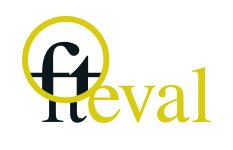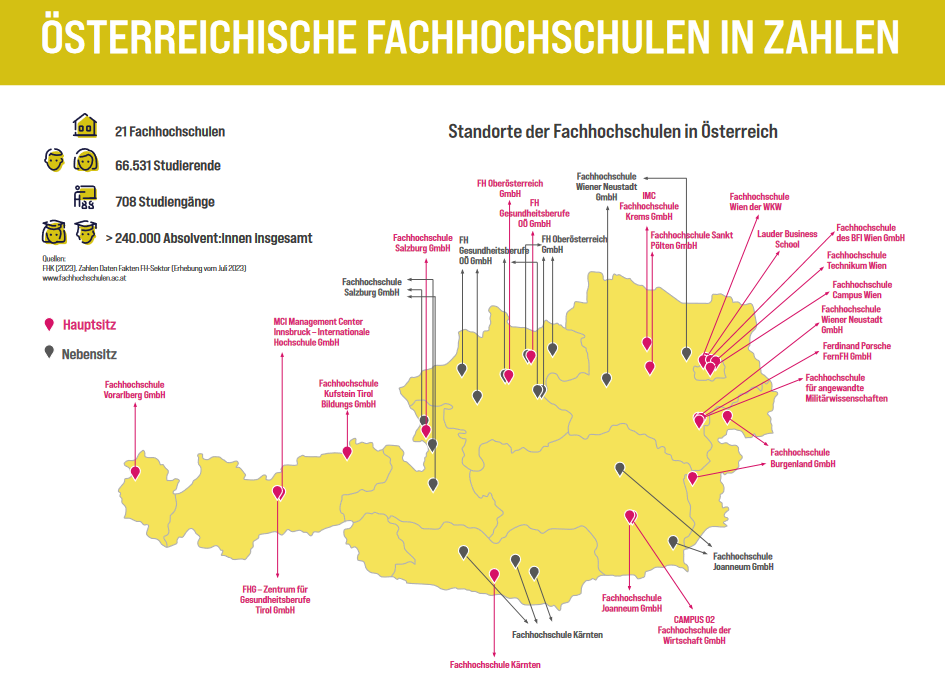The fteval Journal for Research and Technology Policy Evaluation
The fteval Journal for Research and Technology Policy Evaluation aims to position itself at the interface between research and technology policy practice and academic quality, thereby contributing to the exchange between the various stakeholder groups in the field of RTI evaluation. Thematic issues alternate with thematically open ones. Including the previous newsletters from which the journal emerged, 56 issues have been published so far. The fteval Journal is published as open access. Each article is subject to an editorial review. Information for authors can be found on the following page: https://fteval.at/en/for-authors/
Calls for Papers
Issue #57 is reserved the Proceedings of the REvaluation Conference 2024 and will be published mid-2025. Full manuscripts were submitted by January 15.
Issue #58 is a special issue jointly created with FORWIT about science for policy, advisory councils and evaluation. We collect abstracts until end-July.
Call for Contributions [PDF]
Issue #59 (Publication from 2026) is thematically open. Submission and publication are possible on an ongoing basis.
Previous issues
All previous issues of the fteval Journal for Research and Technology Policy Evaluation can be accessed here: Previous issues
Current issues
Issue#55 is thematically open for both, academic and practice-oriented contributions, dealing with the evaluation of RTI policies. These may be specific results of evaluation studies as well as methodological, organisational or theoretical contributions.
Number 56 (2024) is a special issue to mark the 30th anniversary of universities of applied sciences in Austria and focuses on their research activities. In addition to the published articles, which are also listed in the repository, the special issue contains a magazine section with an infographic on the research performance of Austrian universities of applied sciences, a review of the 17th Research Forum of the University of Applied Sciences Conference and an interview with Udo Brändle, Managing Director of IMC Krems.





